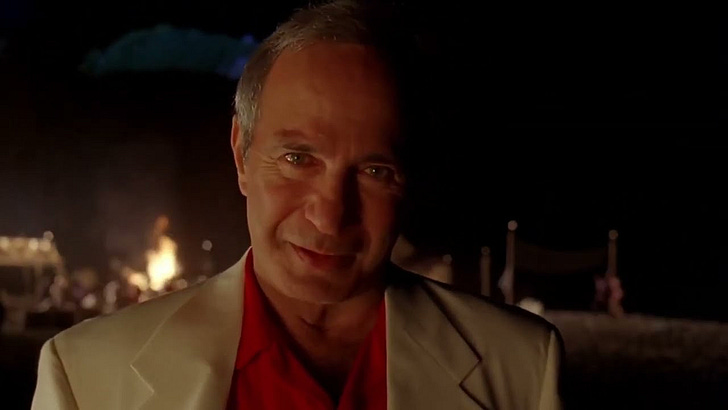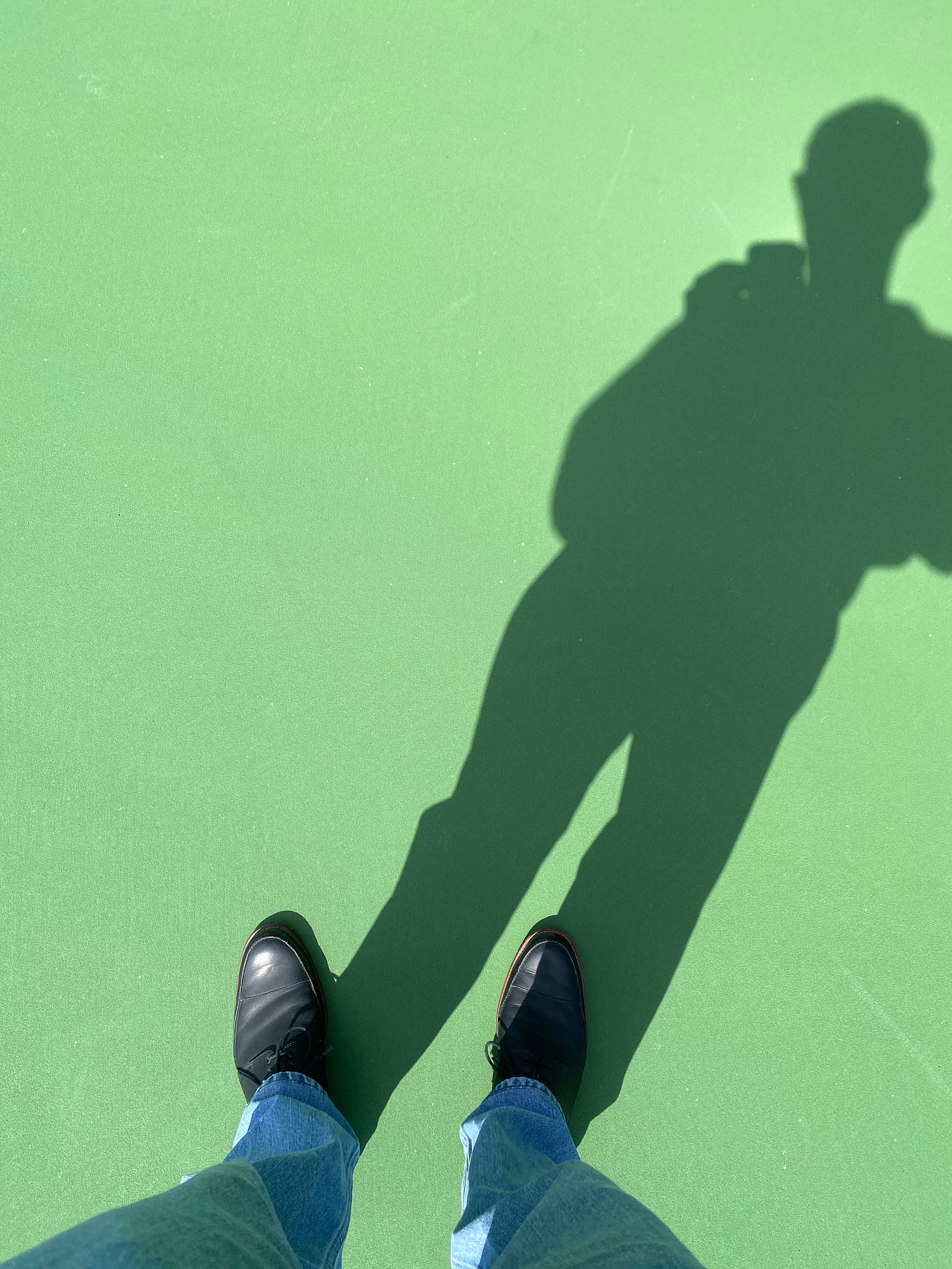I am about nine months younger than Roger Federer, a fact that — especially toward the back half of his career, when he began to appear more mortal — I became a little obsessed with. Not a lot obsessed with, but a little. I liked the idea that greatness could still be ahead of me, the way it clearly was for him. But I also liked that Federer, one of the greatest of all time, had implicitly opened up a space for failure, too. After all, despite the undaunted beauty of his game, it was happening to him all the time. I wrote about this idea a little bit here, the moment it kind of crystalized for me:
I went to the U.S. Open in 2011, and he was up two match points against Novak Djokovic. Federer served. Djokovic slapped back a reckless forehand that, improbably, landed for a winner. The crowd made this weird dying noise—Aghughhhh. I was right there; it was like it was being pulled out of all of us: Aghughhhh. Afterward, Federer had some trouble recognizing himself as the person in the match who had not won. “It's awkward having to explain this loss,” he said, “because I feel like I should be doing the other press conference.” He'd already done some losing by that point, and he'd go on to do a lot more. But it was in this moment that Federer became washed. He modeled it for the rest of us. He didn't quit. But he let go of the idea of himself as perfection incarnate. He let go of the idea of himself, in some ways, entirely: After a decade of representing some abstractly infallible version of whatever it was he was trying to be—a pursuit that seemed to make him miserable, especially when he was young—he was just a man with a bad back and some talent that he was still trying to make the best of. He stopped crying so much in post-match interviews. He raised one set of twins, and then another. These days he takes the spring off in order to rest for the summer.
On Monday, I had the opportunity to ask him about this feeling, this notion that he became more relatable in defeat than in victory. I will not spoil his answer here. But I very much enjoyed the afternoon I spent with him, sitting on the same couch The Dude did, watching spring dawn in Los Angeles.
As far as I can tell, this is the first real post-retirement interview Federer has given.
For years now, doing this job, I’ve had people ask me: who is on your bucket list? Who do you dream of interviewing? And my honest answer is usually: I don’t. The only way I know how to do this work is to become completely fascinated with whoever I happen to be talking to, which is effective for me, but also kind of levels things out — there is no hierarchy, just the person in front of me. And then the person after that.
But I have more Federer memories than I can count, if I were to bother to count. I remember the Rafa Wimbledon matches, like everyone else; I remember the Novak losses too, from the one mentioned above to the final brutal outcome at Wimbledon 2019, when it seemed like Federer was going to get just one more. I remember the first time I saw the Federer poster on the refrigerator in the studio of my future wife. And I can still picture the forehand, the way he often seemed to float when he hit it. He mimed a few, when we were talking. That was great.
When we finally got done talking, I stood up and made the usual involuntary groan I make these days and then heard, with total clarity, Federer do the same thing. That was great, too.





This was great, too.